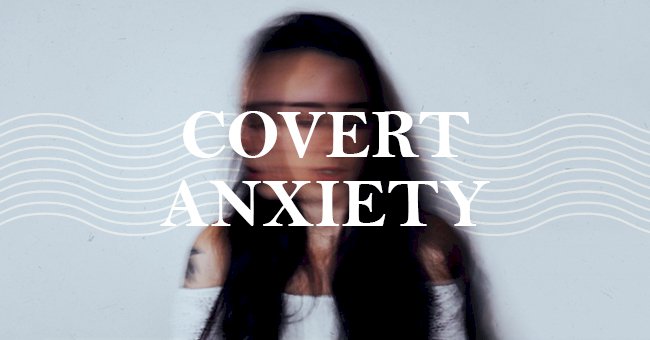
Exploring Covert Anxiety
People are becoming increasingly aware of mental health and all of the issues people with mental health disorders face. This means that we are becoming more comfortable with exploring all aspects of mental health.
Anxiety disorder has many different aspects and can be described in many different ways depending on what aspects of the mental health disorder the person afflicted is exhibiting. One of these is covert anxiety.
If you have no idea what covert anxiety is, you don’t have to worry because we have all the information you need.
What Is Covert Anxiety?
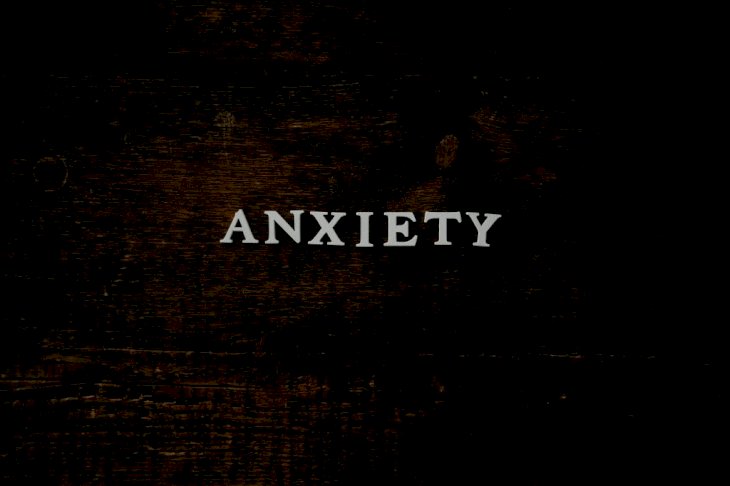
Unsplash
At this point, I’m quite sure that we all know what anxiety is, and unfortunately for a few of us, we also know exactly what anxiety feels like. However, it is not an uncommon mental health disorder, and it can usually be managed quite well.
Anxiety manifests itself in many different ways, from picking at your lips for no apparent reason to having panic attacks in the middle of the grocery store out of nowhere, and many people suffer.

Unsplash
However, covert anxiety is a little different from what we know. Covert anxiety symptoms are much more subtle or less noticeable than overt anxiety symptoms, and therefore the person suffering from covert anxiety might not even realize that they’re suffering.
How To Avoid It
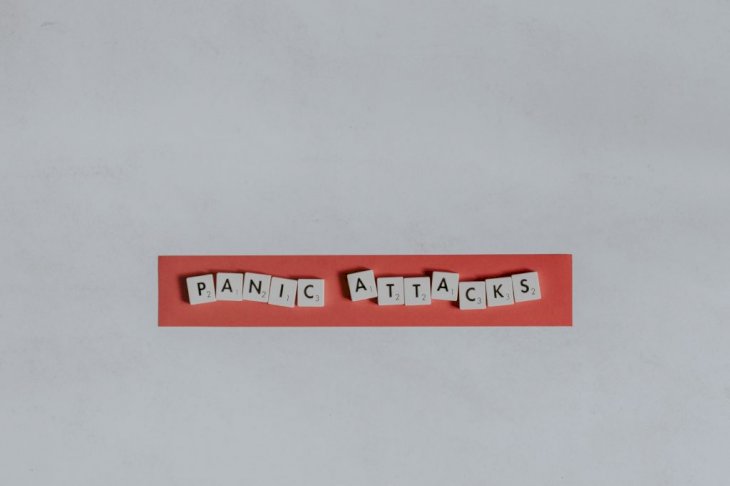
Unsplash
While overt anxiety is easy to self-diagnose and treat, covert anxiety is a little bit more complicated. The symptoms are not as easily recognizable, and some people might never be diagnosed because they don’t believe that there is anything wrong.
For this reason, it can be difficult to treat covert anxiety with a set of behaviors or medications because the person might never know that they need any of those things. Therefore, the best way to deal with this is to try and avoid developing covert anxiety altogether.
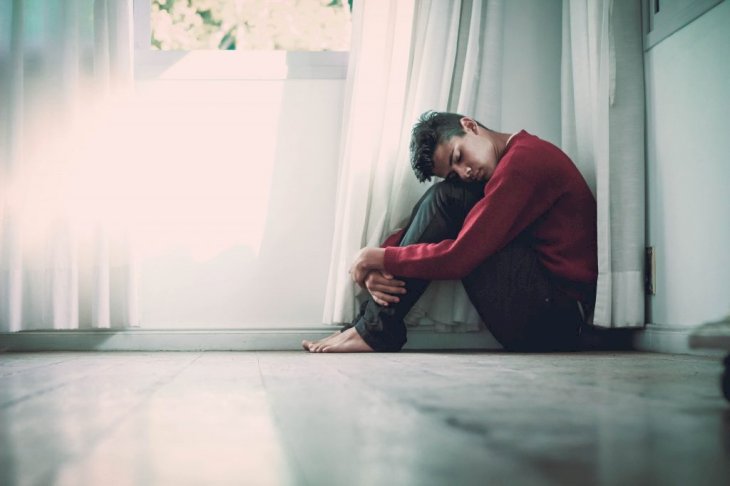
Unsplash
You have to know your body’s cues. For example, when you feel tired or agitated for no reason, that is likely covert anxiety, and you can sleep or eat to help yourself feel better. Knowing your body’s cues will mean that you can appropriately handle whatever is coming next before it even happens so that everything stays smooth sailing.
The Bottom Line
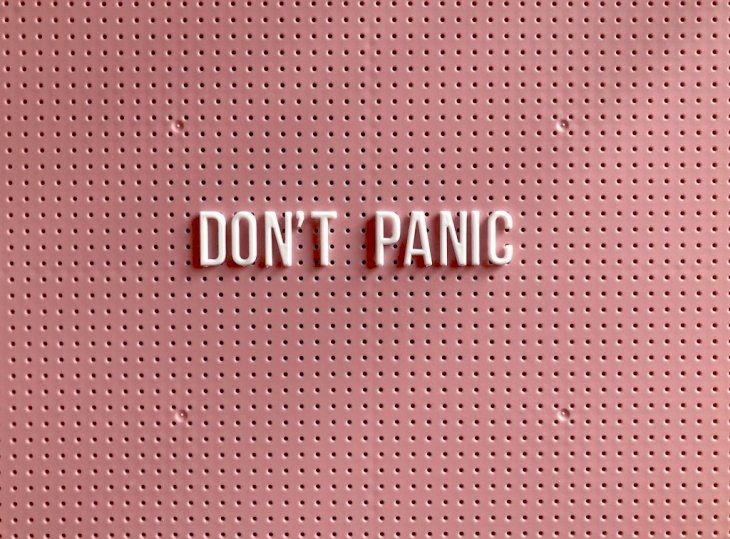
Unsplash
Covert anxiety might be different from overt anxiety in that you will not notice it as much, but that does not mean that it doesn’t take a toll on your body when you do experience this type of anxiety.
For this reason, you should try to be as in tune with your body as possible so that if you notice anything strange, you can go and see a doctor who will be able to diagnose and treat your specific issue properly.